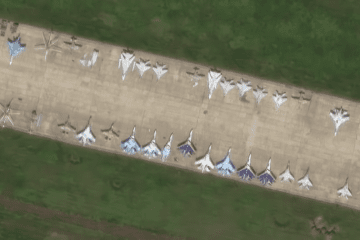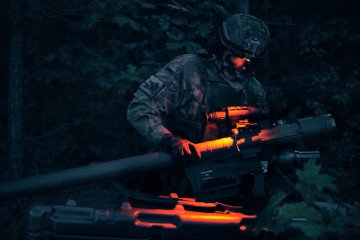- Category
- Latest news
Israeli Firms Supplying Tools for Russia’s S-400 and Su-35 Production Despite Sanctions, Investigation Finds
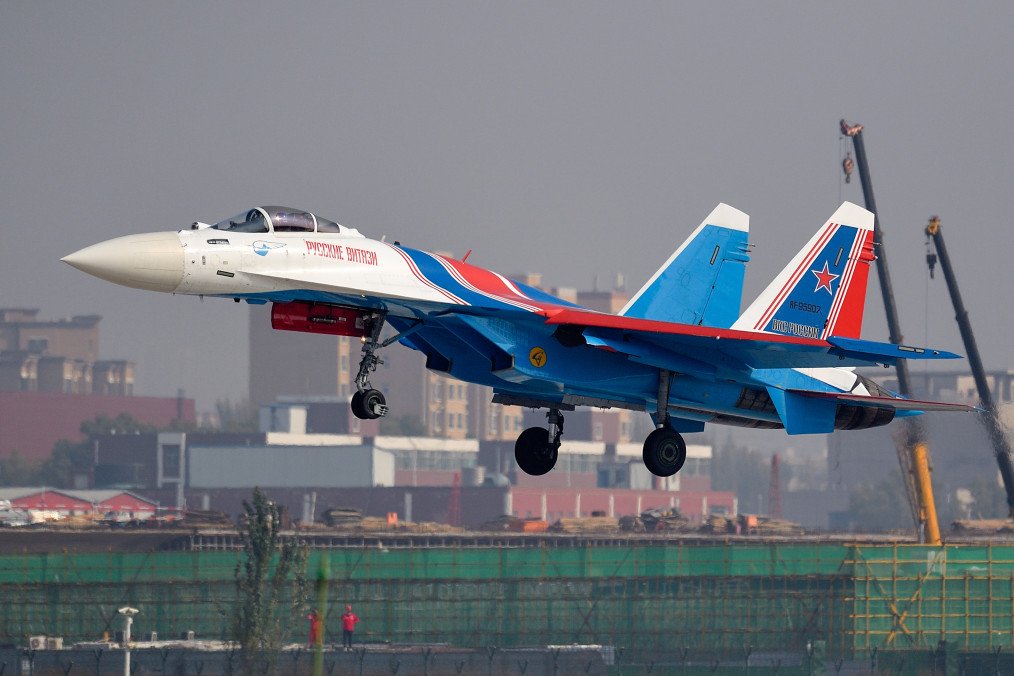
Despite international sanctions and Israel’s declared neutrality, Israeli-made metalworking tools continue to flow into Russia’s defense sector, according to a new investigation by The Insider on April 14.
Customs data and corporate disclosures reveal that in 2024 alone, Russia imported more than $10 million worth of high-precision cutting instruments from Israeli companies, often through intermediaries in China and Uzbekistan.
The equipment — including drills, milling cutters, and precision tools made of metal ceramics and superhard alloys — is widely used by Russian defense companies involved in missile, aviation, and radar production.
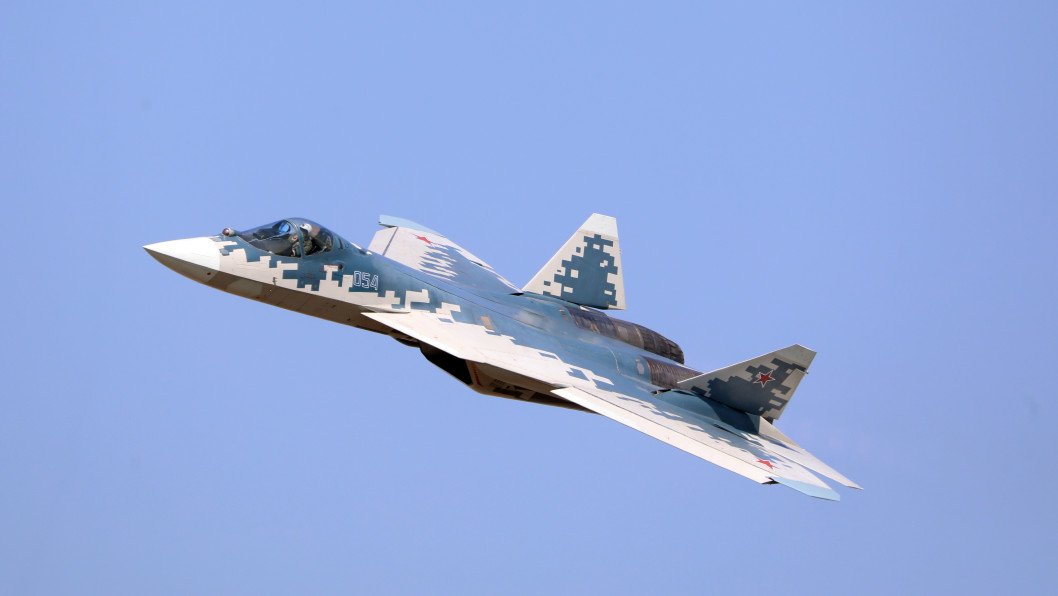
ISCAR among leading suppliers
The largest supplier is ISCAR, a prominent Israeli manufacturer that is part of the International Metalworking Companies (IMC) group, headquartered in the US. ISCAR tools are compatible with modern CNC machinery and are critical in high-precision manufacturing.
According to the report, ISCAR products worth over $4 million were imported into Russia in 2024, despite official records showing that most of ISCAR’s Russian subsidiaries are either inactive or report no revenue.
ISCAR’s tools reached Russia primarily via obscure Chinese companies and one firm in Uzbekistan. In the past, ISCAR’s products were procured by defense manufacturers such as NPO Bazalt, Beriev Aircraft Company, and the Sokol Aviation Plant.
-3336ca785df0ebe3e84fa8baef71d263.jpg)
Vargus, Carmex, and EROJET
Vargus, another Israeli brand under the German NEUMO Ehrenberg Group, reportedly shipped tools worth approximately $3 million to Russia in 2024. These tools were used by key defense contractors, including PJSC UEC-Kuznetsov, Proton-PM, and the Sukhoy company, which assembles Su-35 fighters exported to Iran.
The “70 Years of Victory” plant — responsible for the final assembly of S-400 and S-500 air defense systems — also sourced Vargus tools, according to The Insider’s investigation.
Company representatives claim limited oversight of distribution chains. “Our tools are sold worldwide through thousands of dealers,” said Baruch Bux, Vargus’s Vice President of Sales and Marketing. “We don’t always know where they end up.”
Carmex Precision Tools Ltd also supplied cutting tools valued at nearly $2 million to Russia in 2024. These were primarily purchased by Standard Tools LLC, a firm that saw its revenue more than triple between 2022 and 2023. Previous clients of Carmex included OKB Fakel and Energia Rocket and Space Corporation. Direct shipments from Carmex to Russia were recorded in customs documents.
EROJET, another Israeli manufacturer, exported nearly $0.5 million in cutting tools, mainly via a Russian firm linked to the helicopter manufacturing sector. According to its CEO Shagiv Shafir, the tools “can be used for various purposes, not necessarily military,” and the company does not track end-users.
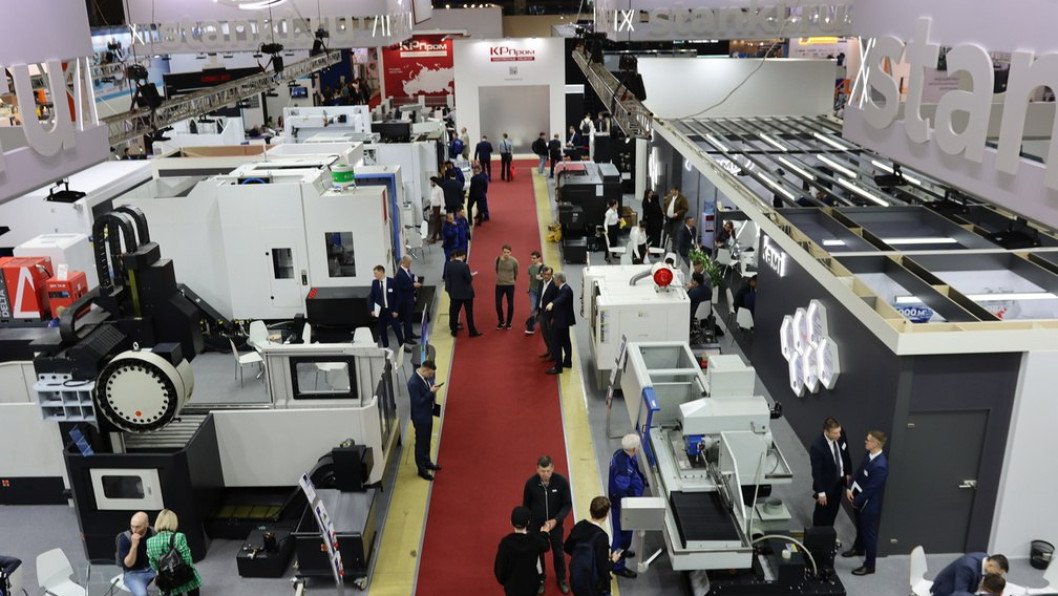
Indirect supply routes
Only about half of Israeli tooling imported into Russia in 2024 came directly from Israel. The rest was routed through China and Uzbekistan. Notably, Uzbek company Techproject was involved in forwarding ISCAR products to Russian importer Resursprofi.
According to The Insider, these intermediaries played a key role in bypassing scrutiny, enabling continued access to Western-grade tools for Russian defense manufacturers.
Despite denials from company representatives, the report concludes that these supply chains reflect persistent gaps in enforcement, allowing sanctioned industries to access critical technologies through third-country rerouting.
Earlier, United24 Media reported that Russia continues to obtain critical bearings used in tanks, drones, and other military equipment despite international sanctions. According to the investigation, bearings worth tens of millions of dollars were shipped to Russia in early 2024, often via re-export schemes involving third countries such as China, Malaysia, and Uzbekistan.
Some of the parts were traced to EU and Japanese manufacturers, including SKF, NSK, and ZKL, whose products were found in Russian military logistics vehicles and even Shahed drones.
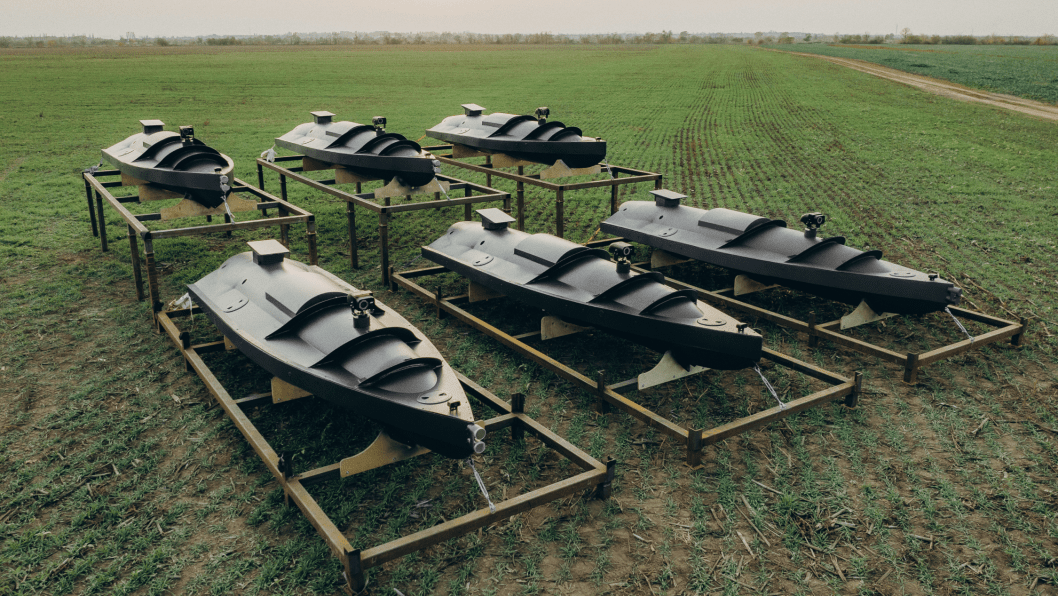

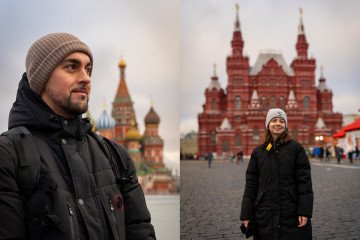
-111f0e5095e02c02446ffed57bfb0ab1.jpeg)
